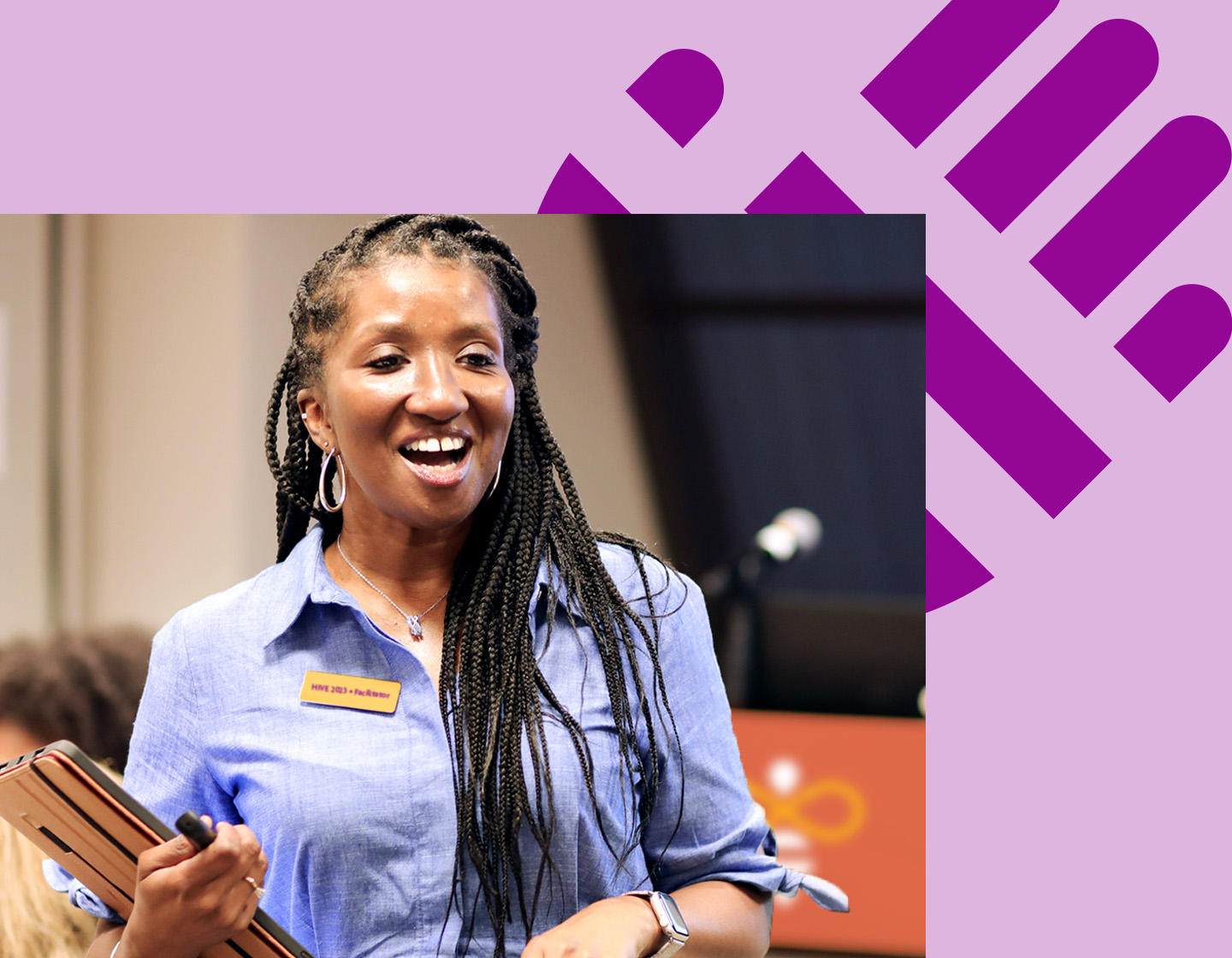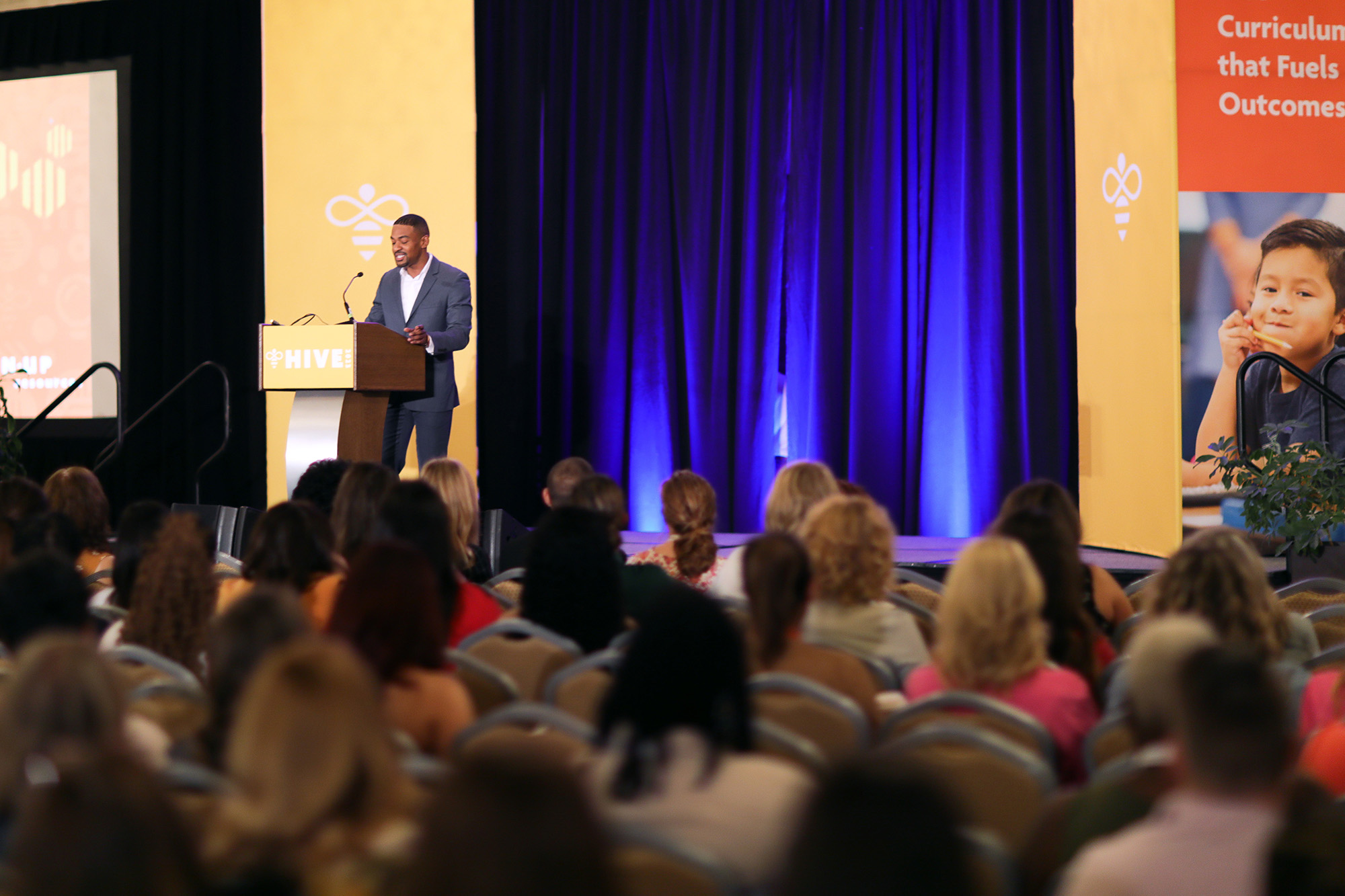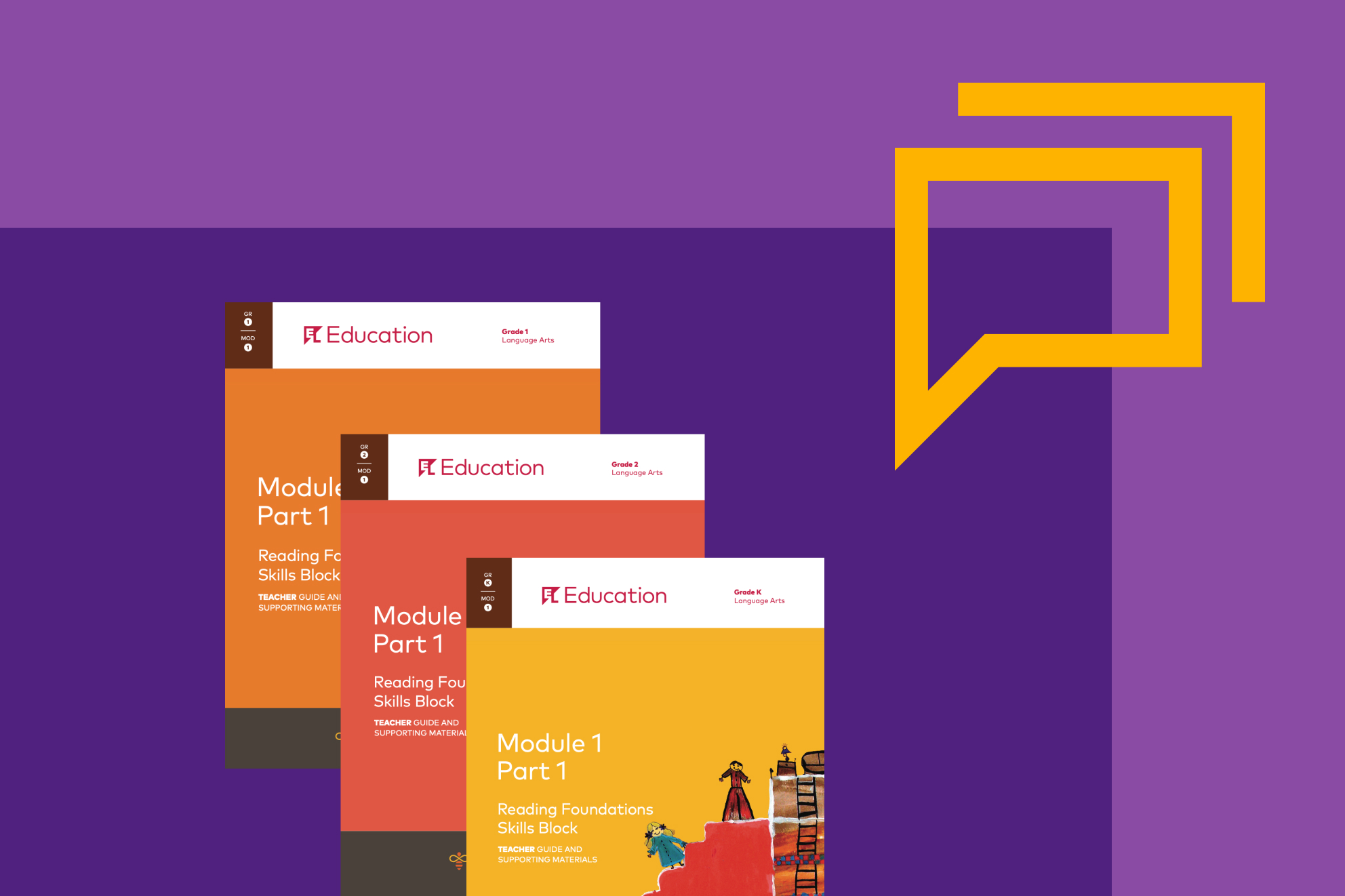This is the fourth in a multi-part series that reflects on the first months of implementing a new curriculum.
- Read Part 1: Staying the Path When You Hit the Inevitable Hurdle
- Read Part 2: Shifting What We See in the Classroom
- Read Part 3: Creating a Culture of Discourse and Community
Curriculum adoptions are typically coupled with conversations about “fidelity.” When we merely throw out buzzwords like this one, there can be a tendency to think about implementation like checking boxes rather than teaching with passion and joy.
But let’s not argue about semantics. What does it take to really implement with fidelity? We think it includes a degree of trust – not only in the curriculum – but in your students and yourself as an educator. This trust allows you to stay true to the core aspects of the program (Chan, 2017) while still using reflection to make the learning experience responsive to the needs of your students.
We encourage you to focus on teacher reflection rather than fixating on words like “fidelity.” We get to implement with integrity through reflection.
What student experiences supported or didn’t support student learning? What teacher actions supported or didn’t support student learning? What can we learn from these experiences? Reflection allows us to zoom in on what’s happening and adjust. We’ll share a few examples of reflection in action.
Iysha’s story:
With a “scripted” curriculum, you would think each year would feel like Groundhog’s Day. I was coached to “implement with fidelity.” I understood the purpose of implementing with “fidelity,” but did that mean reading the lesson word for word? As a recovering perfectionist, I wanted to get everything exactly right. Now, I realize exactly right was subjective. Year after year, I have never taught the curriculum in the same way. That was because every year, not only did I have a new group of smiling faces in front of me, but I gained confidence in the curriculum and my implementation of it. With each passing year, I reflected on the lessons, made minor adjustments, and included supports/scaffolds to meet the needs of the students in front of me. I thought about what worked well and what didn’t. What minor resource or tweak could improve student understanding? I didn’t change the pedagogical intent, but self-reflection and trusting myself as a professional was imperative for effective implementation and student learning. I like to think of the saying, “What good is an airplane if you don’t have a pilot?” I’m immensely grateful for the high-quality curriculum I used. Still, I also discovered my incredible role as a skilled educator implementing the curriculum.
Vi’s story:
I am an overplanner – this played out as an educator, too. I literally scripted out my math lessons, questions I would ask, and answers I wanted to hear from my students, all in hopes of getting them to a specific learning goal by the end of the lesson. I wanted my lesson plans to go exactly as written, and I remember being so thrown off when we ran behind or they struggled. Looking back, I see how I missed opportunities to honor student thinking by meeting them where they were, being present (rather than focusing on where I wanted them to go), tuning in, and making adjustments to support them. In reflecting, I was able to shift my mindset. I had to trust that we would get where we wanted to go, even if lessons didn’t play out exactly as I anticipated. After all, learning is not linear. I came to value the unexpected – they became learning opportunities for my students and I.
What role did trust and reflection play in these stories? In reflecting inward, we as educators owned what was in our locus of control. It would be easy to blame the lesson/program/curriculum (It doesn’t work). It would be easy to blame the kids (They aren’t motivated. They just don’t get it.) (We covered this in the second part of this series). As educators, we embody a growth mindset when we take the time to identify wins, reflect on practices we can adjust, and trust in the capabilities of our students.
Practicing a growth mindset means we pause to look for the wins throughout the day, reflect on where we can make adjustments without lowering the bar, and trust in the capabilities of our students.
Gloria Ladson-Billings (2011) says this:
“Teacher self-reflection is a crucial component for culturally relevant teaching practices. We must be critical, self-conscious, and analytical of our own beliefs as well as our teaching behaviors.”
Our reflective colleague, Ally Lewis, says that teaching calls us to engage in “constant, and sometimes uncomfortable, self-reflection.” Being vulnerable is uncomfortable. Looking inward is uncomfortable. Ultimately, self-reflection helps us grow, calls us higher, and is necessary to support all students.
This is hard work. So, let us trust in the high-quality curriculum at our fingertips, the brilliance of our students, and in ourselves as knowledgeable professionals. This is a process that you don’t have to do alone. We encourage you to learn alongside your peers and your HIVE community! Contact us to learn more about our professional learning opportunities and social communities.
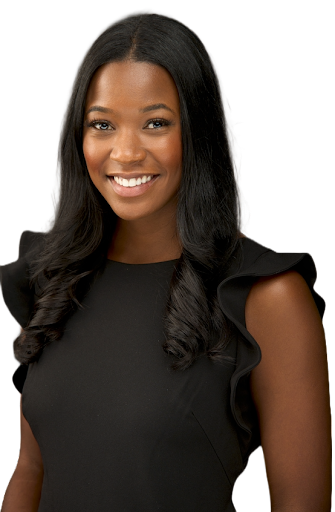 By Iysha Dent (@iysha_dent), Literacy and Professional Learning Specialist, Academics, Equity & Social Justice Team
By Iysha Dent (@iysha_dent), Literacy and Professional Learning Specialist, Academics, Equity & Social Justice Team
As a previous Early Childhood Educator, Iysha spent most of her time teaching historically underserved Kindergarten students. Serving as a Literacy and Professional Learning Specialist, Iysha ensures access to high-quality curriculum, materials, and professional learning experiences with a passion for making education equitable for all students. Outside of literacy and professional learning, Iysha loves empowering people to meet their health and wellness goals as a Peloton enthusiast and certified Nutrition Coach. She lives in northern Maryland and enjoys watching reality TV and cooking delicious recipes.
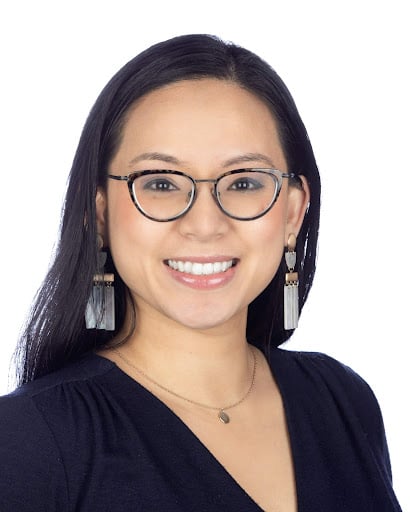 By Vi Tamargo (@vi_tamargo), Professional Learning Math Specialist, Academics, Equity & Social Justice Team
By Vi Tamargo (@vi_tamargo), Professional Learning Math Specialist, Academics, Equity & Social Justice Team
During her years in the classroom, Vi served Kindergarten through eighth-grade students from Oregon to New York, with a specific focus on mathematics education. She also served as an instructional coach and math interventionist. Helping each child and educator find a love for mathematics inspired her daily. She now brings that commitment into her work at Open Up Resources, thinking innovatively about how professional learning can be a catalyst for equity, access, and mathematical joy. An Oregon native, she now resides in California with her two young children and her husband. Vi enjoys Barre3, running, writing, crocheting, and discovering new coffee shops and food spots.





